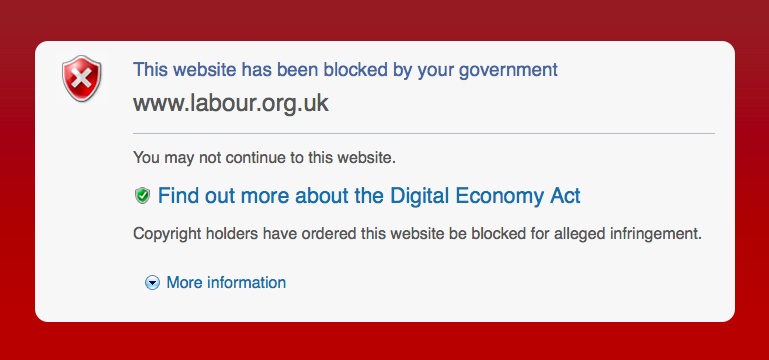From Technology Review.
As of this moment, according to Wikileaks itself, the site is under a distributed denial of service (DDoS) attack “now exceeding 10 Gigabits a second.” These kinds of attacks are typically carried out by a widely distributed ‘botnet’ of zombie computers under the control of a single or a group of hackers. They are par for the course on the web, and have been used in everything from extortion efforts against businesses to cyberattacks on neighboring countries.
What’s interesting about this attack is that Wikileaks’ webmasters have switched from their usual host, Swedish company PRQ, which has at times also hosted the media pirating site The Pirate Bay, to Amazon’s cloud services.
According to network analyst Andree Tonk, who posted his observations on the mailing list of the esteemed North American Network Operators’ Group, Wikileaks moved to Amazon hosting, in particular Amazon’s EU cluster in Dublin, some time Sunday, when the first denial of service attack was launched against the site.
Hmmm… Yet another way of rationalising my (inordinate) spending on Amazon.
UPDATE (December 4): Scrub that last remark. Amazon dumped them when the going got rough. See later post.

